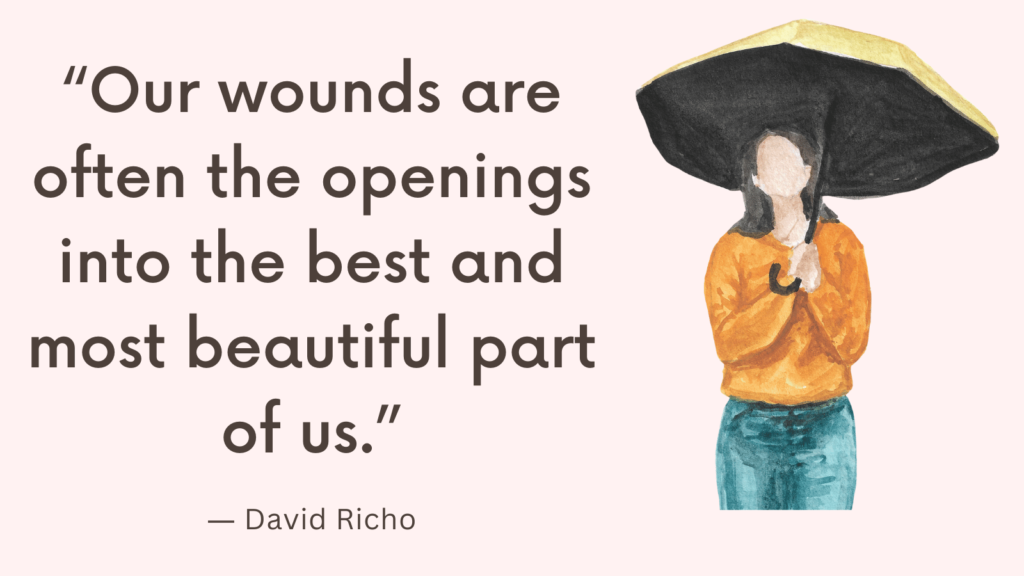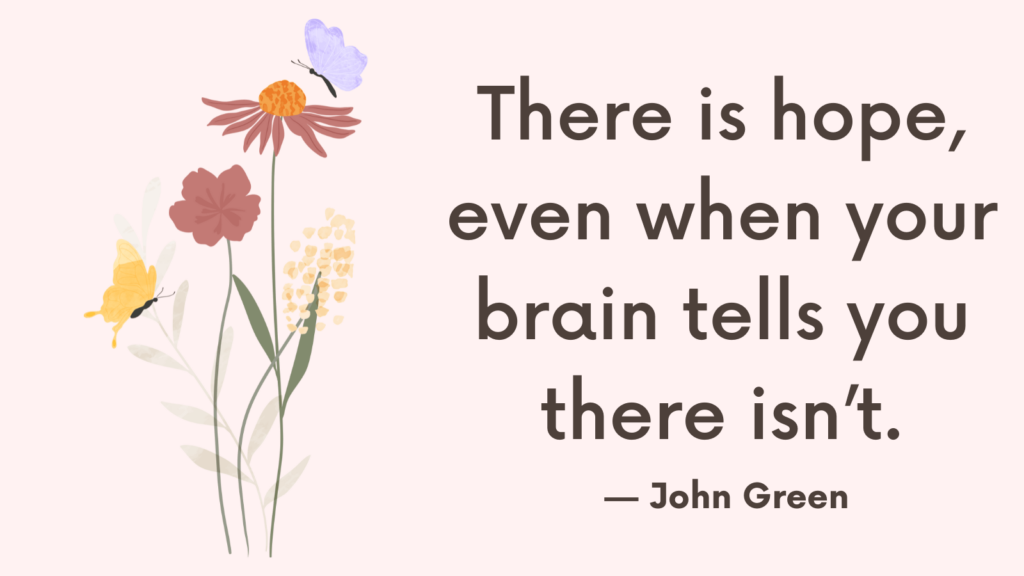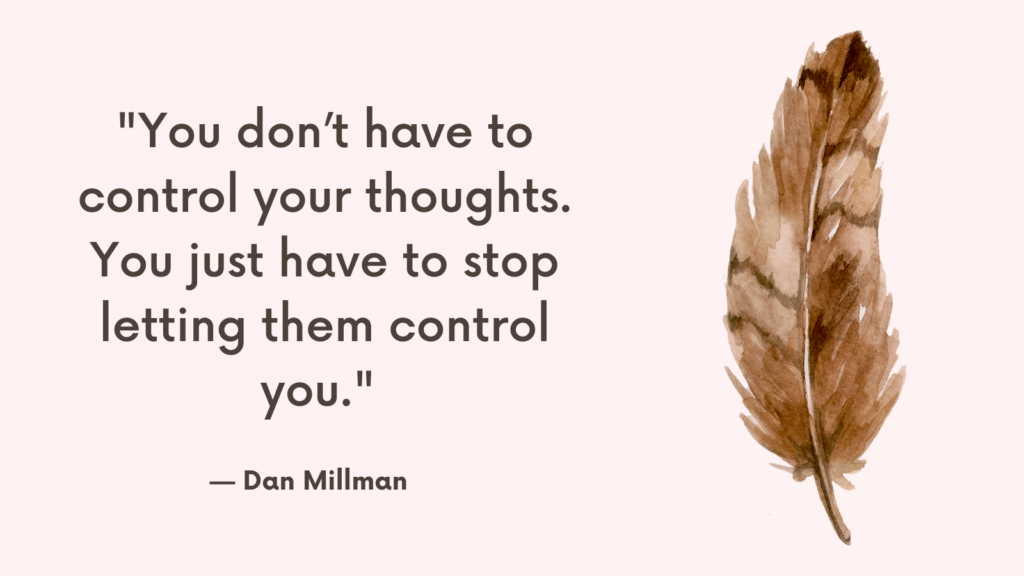This post contains the top 7 stages of emotional healing.
7 Stages of Emotional Healing
The journey of emotional healing is unique to each individual, but there are generally recognized stages that many people may go through.
Keep in mind that this information is intended as a guide and may not fully encompass your personal experience.
Let’s explore these stages:
1. Awareness
This initial stage involves becoming aware of your emotional pain or distress.
It may come as a result of a specific event or a gradual realization that something needs to change.
Acknowledging your emotions is an essential step towards healing.
2. Acceptance
Once you become aware of your emotions, the stage of acceptance follows.
It entails acknowledging and accepting your feelings without judgment.
This includes recognizing that it is normal and valid to feel a range of emotions, even if they are painful or uncomfortable.
Related: Top 21 Healing Journal Prompts To Support Your Healing Journey
3. Processing
In this stage, you begin to explore and process your emotions.
It often involves reflecting on the underlying causes, identifying triggers, and gaining insights into your thought patterns and behaviors.
This can be done through self-reflection, journaling, talking with supportive individuals, or seeking therapy.
4. Grief and Loss
Emotional healing often involves experiencing and working through grief and loss.
You may mourn the loss of a relationship, a dream, or even aspects of your identity.
Allow yourself to grieve and give space for the associated emotions such as sadness, anger, or confusion.
This stage can be challenging but is ultimately necessary for healing to occur.
Related: Lack Of Self Awareness: 5 Signs & 5 Tips On How To Increase Self-Awareness
5. Rebuilding
As you progress through the previous stages, you reach a point where you can begin rebuilding your life.
This stage involves developing new coping skills, setting healthy boundaries, and adopting positive habits that nurture your emotional well-being.
It may also include making changes in your lifestyle or social connections to align with your healing process.
6. Forgiveness
Forgiveness is a crucial stage in emotional healing.
It involves letting go of resentment, anger, and blame towards those who have caused you harm.
Forgiveness is not about condoning or forgetting what happened.
Instead, it is a choice to release the negative emotions tied to the past and focus on your own well-being.
Related: Forgiving Someone Who Isn’t Sorry: 9-Step Guide To Free Yourself From The Past
7. Transformation
The final stage of emotional healing is transformation.
This stage signifies a profound shift in your emotional well-being and overall life perspective.
It involves embracing your newfound strength and resilience, implementing healthier self-care practices, and cultivating a sense of purpose and meaning in your life.
It is important to emphasize that these stages do not necessarily unfold in a linear or predictable manner.
Healing is a complex and ongoing process, and individuals may move back and forth between stages or experience them simultaneously.
Each person’s healing journey is unique and might require different approaches or timelines.
Strategies to Promote Emotional Healing
1. Self-Reflection and Journaling
Engage in self-reflection to gain insight into your emotions, triggers, and patterns of thinking.
Consider keeping a journal to express and process your feelings.
This practice can help you identify underlying causes of emotional distress and track your progress over time.
Related: Top 25 Self Reflection Journal Prompts
2. Mindfulness and Meditation
Mindfulness involves paying attention to the present moment without judgment.
Practicing mindfulness meditation can help you observe your thoughts and emotions with increased awareness and acceptance.
Numerous studies have shown its effectiveness in reducing stress, anxiety, and depression.
3. Healthy Coping Mechanisms
Developing healthy coping skills is important for emotional healing.
Engage in activities that bring you joy and provide a sense of fulfillment.
This could include hobbies, exercise, spending time in nature, or connecting with loved ones.
Avoid unhealthy coping mechanisms such as substance abuse or excessive screen time.
Related: Best 99 Coping Skills (+FREE Coping Worksheets)
4. Social Support
Reach out to trusted friends or family members who can provide emotional support during your healing process.
Talking openly about your feelings can provide validation, perspective, and comfort.
Joining support groups or seeking therapy can also offer valuable support from others who have experienced similar challenges.
5. Emotional Regulation Techniques
Learn techniques to regulate intense emotions when they arise.
Deep breathing exercises, progressive muscle relaxation, or grounding techniques can help you manage overwhelming emotions in the moment.
These practices can promote a sense of calmness and reduce the likelihood of emotional outbursts.
6. Cognitive Restructuring
Challenge and reframe negative or distorted thoughts that contribute to emotional distress.
Replace unhelpful thoughts with more realistic and positive ones.
Cognitive-behavioral therapy (CBT) is an evidence-based approach that focuses on this process and has shown effectiveness in promoting emotional healing.
Related: What Causes Cognitive Distortions? (+Top 10 Common Cognitive Distortions & How To Challenge Them)
7. Setting Boundaries
Establishing healthy boundaries is crucial for emotional well-being.
Learn to say no when necessary and prioritize self-care.
Identify any relationships or situations that consistently drain your energy and work on creating healthier boundaries around them.

Conclusion
Remember, emotional healing is a gradual and nonlinear process, and different strategies may work for different individuals.
It’s important to be patient and kind to yourself during this journey.
If you find yourself feeling overwhelmed or unable to make progress, reaching out for professional support is essential.



